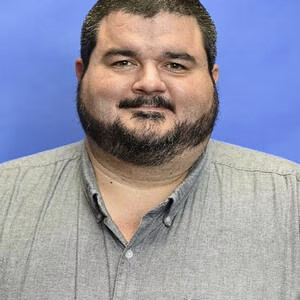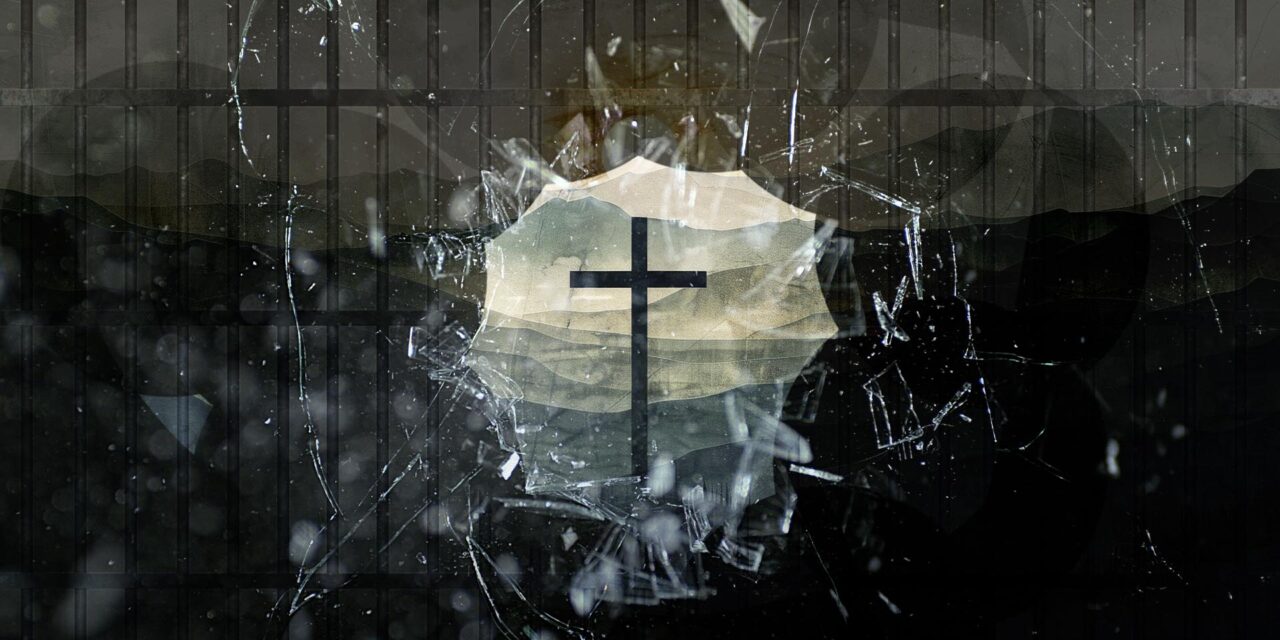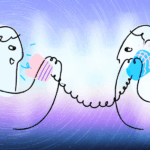By Shawn M. Foles
For the last two years, I have had the pleasure of teaching CRJS 199: A Social Survey of Serial Killers as an interterm class at Greenville University. Initially, I was surprised at students’ interest in what is undoubtedly a dark topic. Not content to simply regurgitate the information I was provided on serial killers during my undergraduate education, I began creating a class that was infused with a unique perspective rooted in a desire to force students to wrestle with serious questions on a serious topic.
This began by collaborating with the Rev. Keli Pennington, Greenville’s chaplain and an ordained elder in the Free Methodist Church USA with which the university is affiliated. Through her knowledge, I delved into Free Methodist beliefs concerning faith, evil, and redemption. While my own background in the United Methodist Church informed my personal beliefs and understanding of these topics, I wanted to be sure to include a distinctly Free Methodist interpretation of these concepts. I had realized through my study of a litany of serial killers as well as reading Arthur F. Holmes’ “The Idea of a Christian College” that a faith-based institution provided the perfect opportunity to show students the most depraved and worst among us while forcing them to reckon that grace falls on all of us, the just and the unjust.
The students watched the speech of Robert Rule who, in providing a victim impact statement toward Green River killer Gary Ridgway, acknowledges how difficult it was to do what God called him to do and ultimately forgive Ridgway. We think about if we could offer the same forgiveness if it were our loved one. There’s no right or wrong answer to the paper the students write about the intersection of faith, evil, and redemption. This paper is an exploration of the availability of God’s grace to all in what Philip Yancy would call where “the rubber hits the road.”
_
“Society has lost track of the idea that everyone is created in the image of God, created for a purpose, and worthy of love.”
_
Mirrors and Windows
Next, we talk about mirrors and windows — no, not at the crime scenes. I provide the students a window into the lives, motives, depravity, and crimes of these killers while forcing them and myself to realize there’s a mirror shining back at us. The mirror doesn’t show that we are killers, but it reflects the role that we as members of society and even the body of Christ play in allowing such criminals to proliferate.
In Genesis 1:27, we are taught that human beings are created in the image of God. John Wesley’s teaching, particularly “Sermon 141: The Image of God,” underscores the inherent worth of humanity. He highlights that humans are endowed with understanding, will, freedom, and happiness. However, society has created the outcast. Society has lost track of the idea that everyone is created in the image of God, created for a purpose, and worthy of love.
Holmes highlights in his book that one of the primary ways a Christian college is different from a secular college is that students should not leave simply with an understanding of how to do their future career (they would get that at a secular school as well), but that everyone has inherent worth and is created with a purpose. The students are shown — and I am reminded of — the ways in which we fail to recognize the image of God in everyone.
_
“We need to show God’s love to everyone and recognize our own sinfulness.”
_
Marginalized and Missing
Criminologists who study serial killers have long noticed something that many killers’ victims have in common. While killers may change from type to type for their victims, victims usually come from marginalized groups like minorities, the homeless, prostitutes, and the LGBT community. This prevalence forces us as people of faith to confront the grim reality that we may have contributed to the marginalization of some individuals. Without condoning sin, we need to show God’s love to everyone and recognize our own sinfulness.
Eric W. Hickey discusses what he calls the “missing missing” — individuals who go missing but are never reported. In a world in which we are called to be salt and light, how do we as Christians reckon with the concept that someone could be so disconnected, so removed, so outcast from society that they could go missing, and no one would even think to report them to authorities for a proper search?
_
“I found myself staring at a mirror.”
_
Self-Reflection
I began this class to provide a fresh perspective on serial killers to students, to capitalize on the growing popularity of true crime media. Instead, I found myself staring at a mirror. I found myself being forced to reflect on and review ways I had devalued people, marginalized them, and “othered” them.
May we hear these stories, see the shows, read the books, and recognize the depravity of these killers while also realizing a window into their world provides a mirror into our world, our hearts, and our role. We must ensure everyone knows that grace is for them whether they are guilty of speeding, prostitution, or even serial killing.
+

Shawn M. Foles is an assistant professor of criminal justice and the director of community standards and campus safety at Greenville University. He previously worked for the Transportation Security Administration and the St. Louis Metropolitan Police Department.










